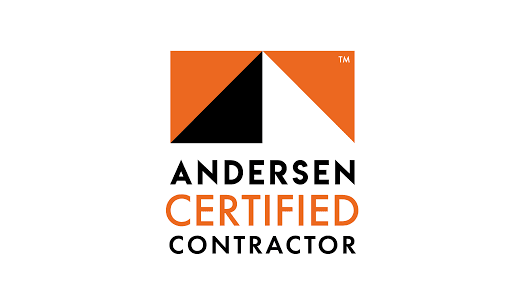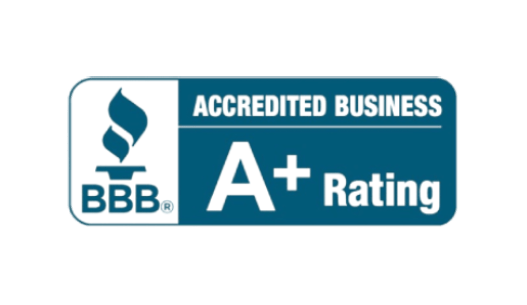There are quite few advantages to installing energy efficient windows. Especially in older homes that may need updating in a lot of other areas, don’t forget to consider window replacement in your renovation budget. The return on investment will make it well worth the expense!
Energy savings
You’ll be surprised at how much you save on heating and cooling costs after installing energy-efficient windows. Older windows tend to let outside air seep into the home, causing your heating or cooling system to work extra hard to maintain the optimal temperature. When you upgrade your windows’ ability to block outside air from getting in, you increase the efficiency of your home’s ability to stay warm or cool.
Because it depends on a lot of variables such as external and internal temperatures, it’s hard to say just how much a window replacement will increase your home’s heating and cooling efficiency, but the general rule of thumb is 10-25%.
Reduction of color fading on furniture and carpets
UV rays from the sun will fade your furniture if your windows do not contain enough UV protection, and older windows certainly don’t. Over time, the UV rays cause the chemical bonds present in the molecular parts responsible for color to break down and cause fading. Using energy efficient windows can ensure that UV rays are kept out. This can be less expensive than having to replace furniture, drapes and/or carpets every few years or so.
Less condensation on windows
We all know how annoying it can be when the window pane gets all fogged up, disrupting one’s view of the outdoors. This happens when one side of the glass pane is warmer than the other – you might have noticed the same thing happening to the outside of a glass when you fill it with chilled water. In the case of energy inefficient windows, they allow heat to pass through them, warming up the glass pane, and causing condensation on one side. Energy efficient windows prevent this by providing better insulation.
Lower chances of mold formation
Mold requires moisture to thrive, and if energy inefficient windows allow moisture through them, the chances of mold formation are higher. Should this happen, it can turn out to be more expensive than simply getting energy efficient windows.
Increased comfort
Energy efficient windows tend to have argon gas in between panes that prevent infrared radiation from passing through them. Alternatively, some of them may have special glazing or tints instead, and sometimes these come together, depending on the type of energy efficient windows chosen. These ensure that your room is warmer in the winter by not letting infrared radiation out. It keeps the house cooler in the summer by not letting the infrared waves from natural sunlight (these are greater in magnitude than indoor sources) inside.








































